693: Bitcoin and Cryptocurrencies – for property investors.
03-24-2021
This Special Report focusses on Bit coin and Cryptocurrencies – for property investors.
coin and Cryptocurrencies – for property investors.
This Special Report focusses on Bitcoin and Cryptocurrencies – for property investors. We strongly advise you read this article on Cryptocurrencies with the serious and dangerously skyrocketing fiat monetary currency expansion for context.
Fiat Currency Debasement: Over the last 12 years we have produced many special reports on fiat currency debasement, the importance of investing in property as a hedge against inflation, the importance of owning gold and silver (precious metals) in a large investment portfolios and how the monetary system simply creates fiat currency (not real money) out of thin air – by changing a few digits on the central bank's computer screens. They call this "quantitative easing" – it’s really inflating the fiat currency towards oblivion. Very few currencies have survived through history - most go to zero of 1% of their original value over time. The so called mighty US dollar is only worth around 1% of its value compared to the year 1900 for instance. In 1900 you would buy a tailored suit for $1.80 – this will cost $1800 now. In 1900 it would have cost one gold coin to buy that tailored suit – today it still cos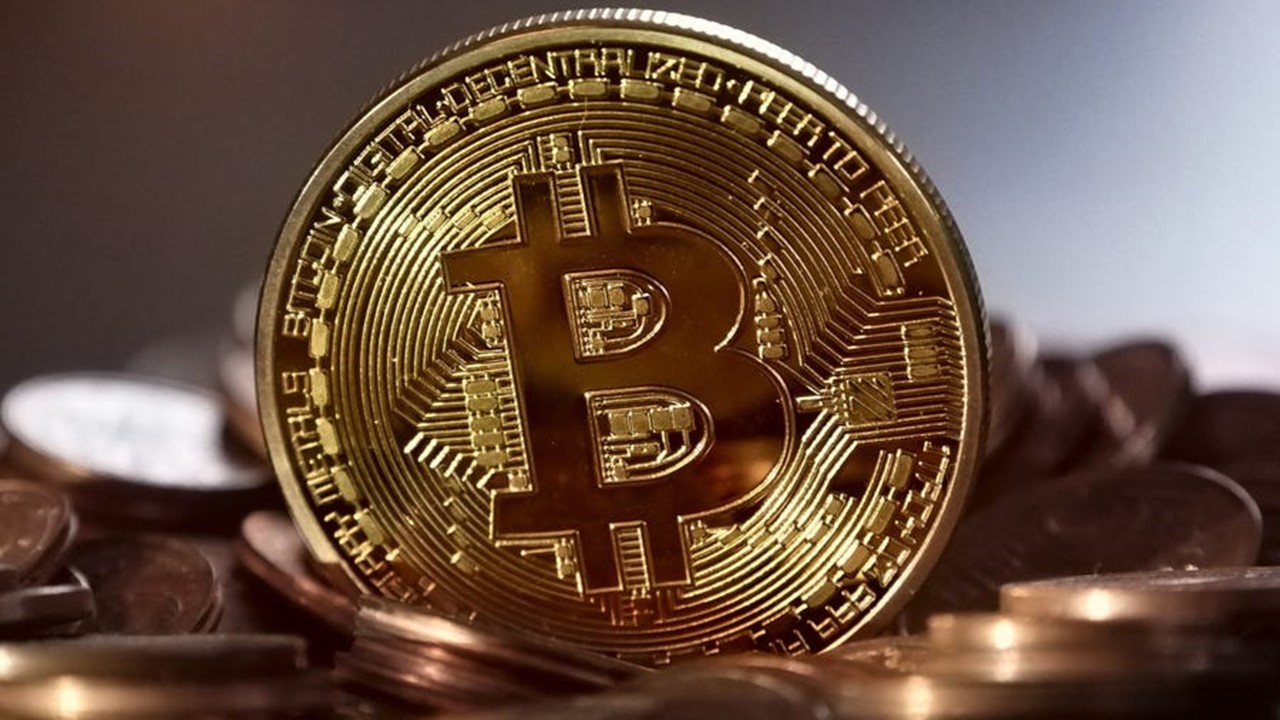 ts one gold coin worth $1800. It's very predictable the long term decline in the value of a currency is worth. Gold on the whole retains its value but suffers from its lack of 1) dividend or annual interest (investment return); 2) it costs a small amount to store. It also is less easy to transact with – to buy goods and services with – most shops don’t accept gold. It's price has only risen 2% annually over the last ten years - so regrettably it has underperformed most investments in that time.
ts one gold coin worth $1800. It's very predictable the long term decline in the value of a currency is worth. Gold on the whole retains its value but suffers from its lack of 1) dividend or annual interest (investment return); 2) it costs a small amount to store. It also is less easy to transact with – to buy goods and services with – most shops don’t accept gold. It's price has only risen 2% annually over the last ten years - so regrettably it has underperformed most investments in that time.
Smart investors - like Marc Faber (the Swiss investment guru now living in Thailand) recommend owning around 10-20% of assets in gold – as an insurance policy against a global financial meltdown and hyper-inflation. Jim Rogers (US investor living in Singapore) also advises owning gold.
Cryptocurrencies and Bitcoin – the Metrics: Now onto Cryptocurrencies 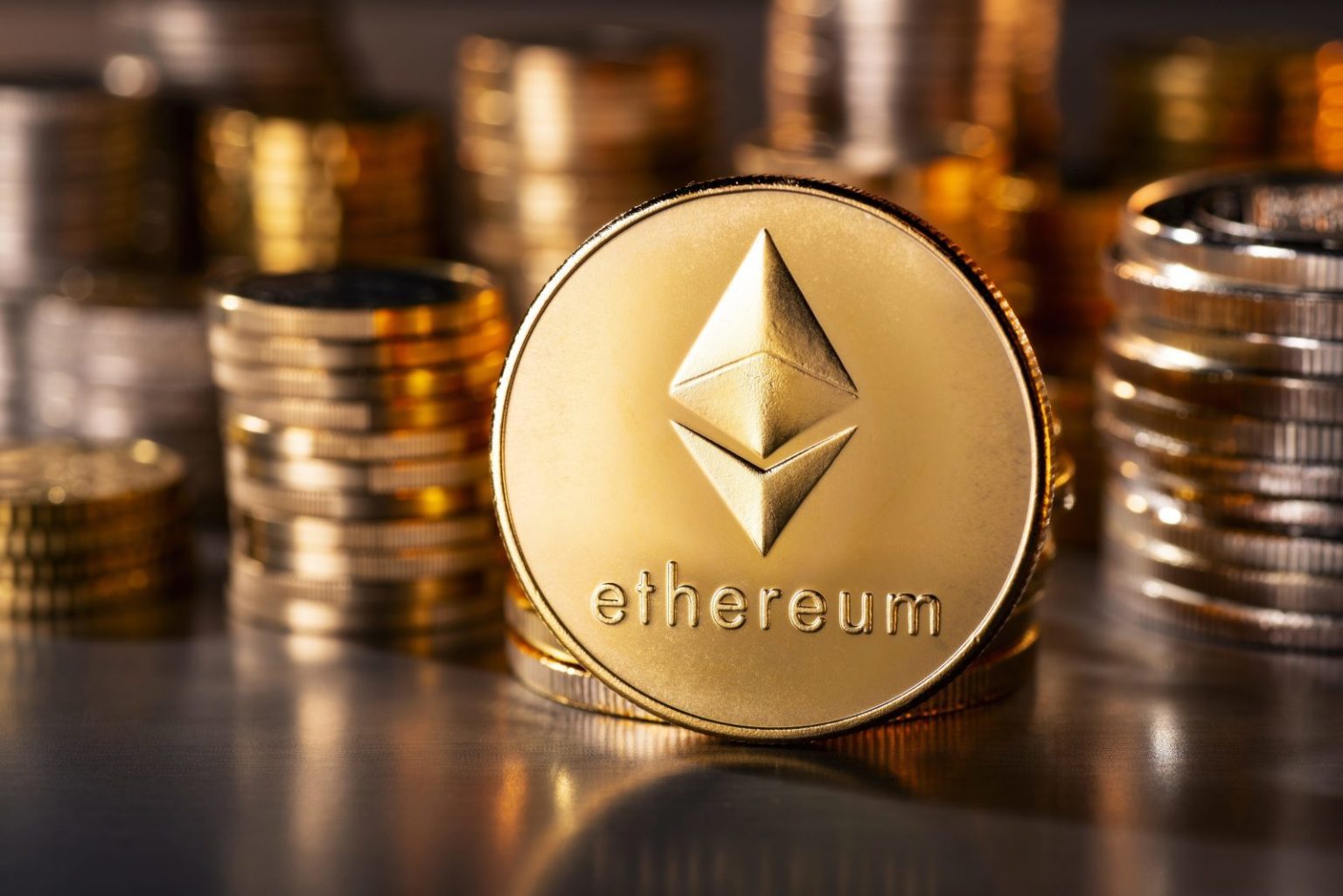 and Bitcoin. The first insight is the comparative size of the Cryptocurrency (included within this is Bitcoin) versus Gold, Silver, the US stock market and global real estate.
and Bitcoin. The first insight is the comparative size of the Cryptocurrency (included within this is Bitcoin) versus Gold, Silver, the US stock market and global real estate.
- Market Cap Cryptocurrencies - $1.3 Trillion (of which 60.5% of this value is held in Bitcoin)
- Market Cap Sliver - $1.4 Trillion
- Market Cap Gold – $10.5 Trillion
- Apple Inc Market Cap - $2.06 Trillion
- Market Cap US Stock Market – $50.8 Trillion
- M1 US dollar money supply – $18.1 Trillion
- Value of global real estate – $204 Trillion ($43 Trillion in China)
- Total Bitcoins – 21 million (0.0027 for each person in the world population)
- Total Cryptocurrency traders (owners of crypto coins) – 100 million (or 0.2 Bitcoin for each trader) - one in every 1.28% of the world population - portfolio value per trader average $10,000.
- Global population – 7.85 billion
These metrics are very important – what it shows is the total Cryptocurrency value is the same as the total silver bullion value in the world. The insight is that this is comparatively low and ten times lower than gold (total gold reserves and holdings).
Cryptocurrencies – Principles:
Blockchain: Let’s explain a bit about Cryptocurrencies for those – probably most property investors – that are not at all knowledgeable on the subject. Firstly, Bitcoin uses the Blockchain software technology invested about 12 years ago. It is decentralised, global and democratic. The original code and software (platform) is not owned by a government, a bank or a private individual or small group. One could argue its owned in pro rata proportion b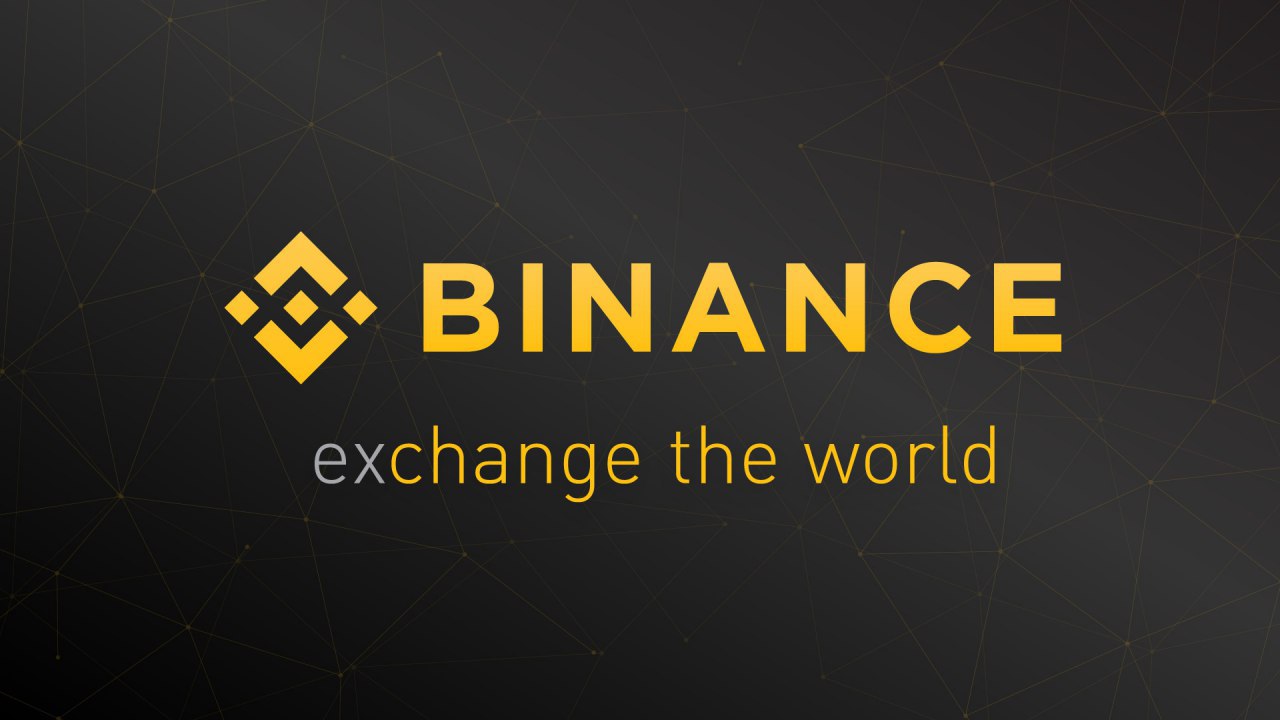 y the 100 million users. Bitcoin is a largely unregulated financial currency. It generally inflated by around 1.8% in size per year (number of Bitcoins) – though this will halve to around 1% in a few years time and this inflation rate halves again every 4-5 years. The Bitcoin price is very volatile – and has risen from around $60/coin at its inception ten years ago – to $58,000/coin today 23 March 2021.
y the 100 million users. Bitcoin is a largely unregulated financial currency. It generally inflated by around 1.8% in size per year (number of Bitcoins) – though this will halve to around 1% in a few years time and this inflation rate halves again every 4-5 years. The Bitcoin price is very volatile – and has risen from around $60/coin at its inception ten years ago – to $58,000/coin today 23 March 2021.
Predictions: Many Cryptocurrency experts – and we have to say they would have a vestige interest in saying this – are predicting that the Bitcoin price will rise to $200,000 by year end 2021 and possibly $1 mln in about 5 years time. These projections are probably based on: 1) previous track record (average 200% increase per year); 2) future performance expectations because of fit currency debasement. Of course the sceptical will laugh at this – saying it’s just another bubble or worse a Ponzi scheme – about to burst, but they have been saying this for the last 10 years and it has not happened. Okay, it has crashed by 75% but then gone on to go up ten fold after that. Its very volatile. And one can argue the mighty US dollar or more like a Ponzi scheme because the Fed can print as much currency as they want on and day they feel like, and people getting in on the bottom in Treasuries are being stung - the 200 year bond market and treasuries bubble is about to burst.
So why would the Bitcoin price soar four-fold from here? The reasons are numerous and many lay within the metrics described above:
- Central Banks continue to “print” trillions of dollars worth of fiat currency each year - debt levels are exploding
- Cryptocurrencies – of which Bitcoin can be described as the “Cryptocurrency Reserve Currency” within the system or exchange – are just starting to become mainstream. The larger investment banks (JP Morgan is an example) are starting to offer cryptocurrency investment to their clients like Hedge Fund Managers, companies and even governments.
- National Governments around the world have so far not tried to stop Bitcoin – it is legal – and indeed it would be very difficult for them to outlaw Bitcoin
- Instead national governments are starting to jump on the bandwagon – they are tacticall
y thinking about joining in rather than trying to kill it off
- Banks see large fees in supplying cryptocurrency services to their large clients – this is just starting
- Bitcoin as a cryptocurrencies is a super hedge against inflation – in the same way gold and silver is – because it’s supply is limited
- Its worth noting that if Bitcoin value rose from that of silver to gold, it's value would go up ten fold - however its quite possible the value of Bitcoin could well exceed gold one day - possibly in the next 5 years
- If the bond market and treasuries market bubble burst - a flood of dollar could rapidly transfer into Bitcoin and people holding dollars head for the hills!
- Demographics and IT usage – most wealthy investors are not very computer savvy – you need to privately open a Bitcoin trading account to invest in cryptocurrencies. Its easier for wealthy investors to play cynical – say it’s a fad – or they don’t need to “jump on the bandwagon” or “its for those younger It savvy people that understand about such things” – this can be a be mistake.
• Demographics – “who’s got the money” – probably 85% of the worlds wealth is owned by people over the age of 55. These old people are bright but most assets are held in traditional investment like property, bonds and the stock market – plus their own private businesses. Our prediction is that when they pass – in the next 30 years – this wealth will be transferred to their families – and these people in the current age group 25-55 years old are: -
Far more open minded, likely more worldly wise, a overall a bit better educated and far more computer savvy and far more likely to be opening their own cryptocurrency accounts – and better able to understand how cryptocurrencies work
Wealthy Investors – Often Not IT Savvy: So for wealthy investors – and you might well be one of these visiting this website – you should give serious consideration to investing in cryptocurrencies. It is absolutely critical to stay open minded to the possibilities that lay ahead. If you are elderly – you can get stuck in “the old world”. Maybe you don’t need to make serious money or risk anythi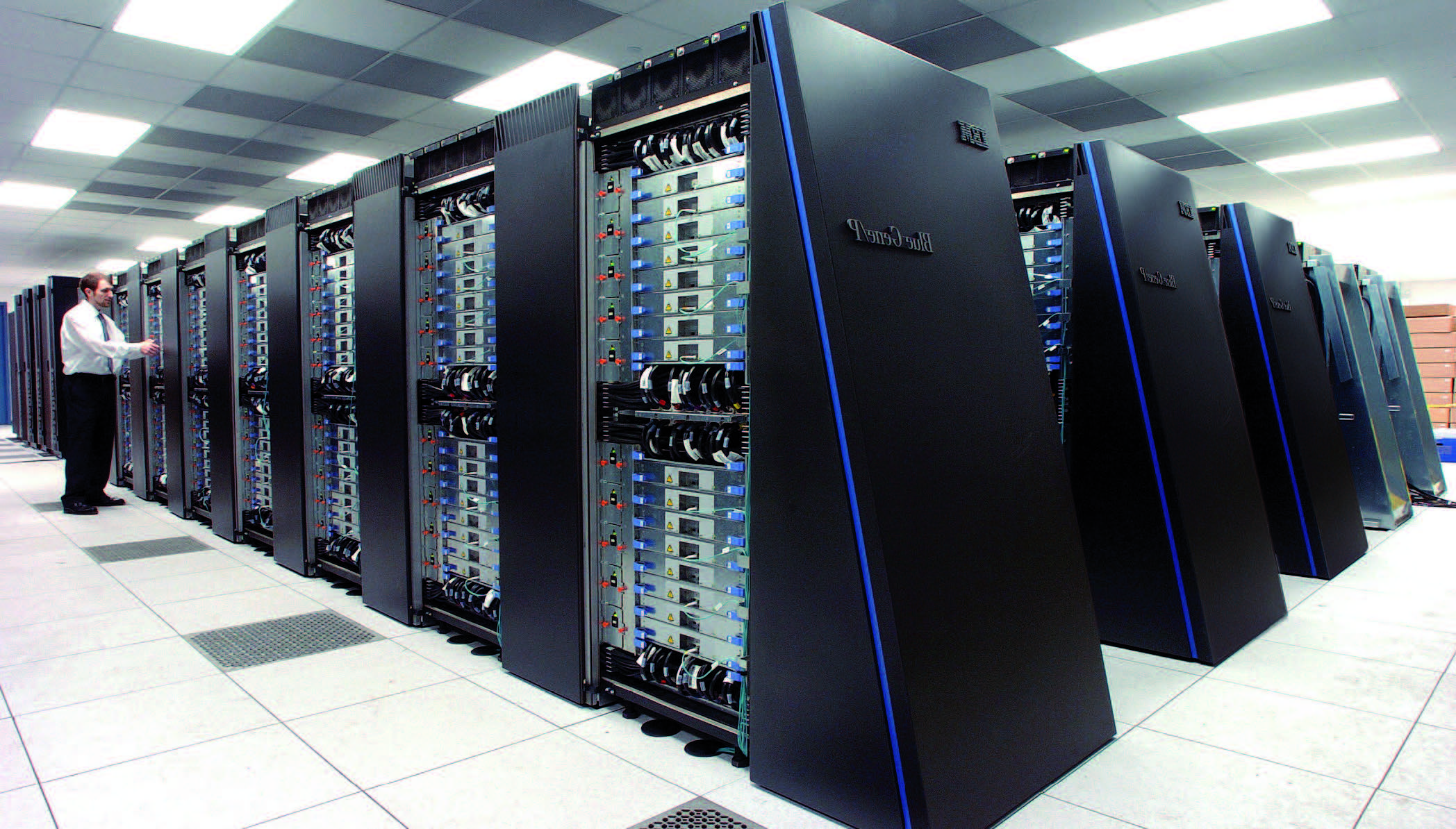 ng in cryptocurrencies. But just like the Roman Empire, the British Empire and most large companies in the last 100 years – they don’t survive for ever. Get too stuck in your old world – and things around you can catch up, overtake then destroy you. Getting into your comfort zone is a recipe to lose. Don’t change and you will eventually lose. Any football manager will tell you this. Things are constantly changing around us – and this change is at an accelerating pace. We are in a competitive market place. Stand still and get left behind. For more elderly wealthy investors - our message is clear - "don't get left behind" - at least research and understand to make a properly risk assessed judgement about whether you should invest in cryptocurrency or not.
ng in cryptocurrencies. But just like the Roman Empire, the British Empire and most large companies in the last 100 years – they don’t survive for ever. Get too stuck in your old world – and things around you can catch up, overtake then destroy you. Getting into your comfort zone is a recipe to lose. Don’t change and you will eventually lose. Any football manager will tell you this. Things are constantly changing around us – and this change is at an accelerating pace. We are in a competitive market place. Stand still and get left behind. For more elderly wealthy investors - our message is clear - "don't get left behind" - at least research and understand to make a properly risk assessed judgement about whether you should invest in cryptocurrency or not.
Fiat Currency Explosion: Our central thesis is that as more fiat currencies are created from thin air – the Bitcoin price keep rising in the longer term. It might get some set-backs – but it will rise. The bubble will not just pop and Bitcoin disintegrate – we thing Bitcoin is here to stay. Its like the reserve currency of the Cryptocurrency market.
Announcement 29 March 2021: As we write this article, the US Biden administration has just announced a further $4 Trillion on spending. This currency will be created out of thin air - adding to the M2 money supply. The administration claim to target business for $2 Trillion of taxes - but this would be phased in over the next 15 years. This $4 Trillion is a gigantic quantity of fiat currency that will hit the global economy in the next few years. Colossal - and another good reason to by cryptocurrency.
US Dollar Under Attack: Secondly we firmly believe that in the next few years – there will be a gigantic increase in cryptocurrency transaction that will cut out the need to use the mighty US dollar and other currencies. The transactions will be “peer to peer” of individual to individual – no bank will be required. Of course this is a huge threat to the US dollar and US administration, US banks and the Federal Reserve – we really don’t know how it will all pan out. May be it will be like gold – the Fed don’t exactly encourage people to buy it – but equally they don’t make it illegal – there re regulations and they don’t onerously tax it either.
Risks – Threats: Its worth pointing out that some countries have either made parts or all of Bitcoins use illegal. India is proposing to ban Bitcoin – but instead replace it with its own digital currency. Russia bans public officials from making transactions using Bitcoin. Morocco banned its use in 2017. China has restrictions and is working to launch its own cryptocurrency. So far the US and Europeans have let it rise without bans – though there is always a chance they will either try and ban it or launch their own competition in cryptocurrency. This risk premium is already built into the overall cryptocurrency price – so there are upsides and downsides.
currency. Russia bans public officials from making transactions using Bitcoin. Morocco banned its use in 2017. China has restrictions and is working to launch its own cryptocurrency. So far the US and Europeans have let it rise without bans – though there is always a chance they will either try and ban it or launch their own competition in cryptocurrency. This risk premium is already built into the overall cryptocurrency price – so there are upsides and downsides.
How Do Cryptocurrencies Work: It’s best now for us to describe a bit about how Cryptocurrencies work.
Exchanges: Firstly you can buy cryptocurrencies using exchanges like Coinbase.com, Binance.com and Kraken.com. Coinbase is the largest – its probably the safest – but you cant but the very small specialist cryptocurrencies with this exchange (you can with Binance though for example). Coinbase is the biggest exchange and though easy to use - we have found its customer help-desk very average. Binance from our experience is fast, intuitive and easy to use – we have never needed to call their on their help functionality.
Bitcoin and Other Cryptos - is currently 60.5% of the overall capitalisation of the global cryptocurrency market. The second biggest is Ethereum. Now Ethereum was invented as an alternative currency that could then be used to buy specialist smaller cryptocurrencies. Its got a market cap of only 5% of Bitcoin – but its potential for increase us huge – likely more the Bitcoin – but is probably higher risk. Remem ber bitcoin is like the “Reserve”. We think simplistically of Bitcoin like gold and Ethereum – with its industrial usages – as silver. Underneath these are thousands of new cryptocurrencies all vying to be the winner one day. Each has a claimed specialism. Many are called “token” – these can be used to convert assets – like artwork or gaming technology (or the work value of these assets) – into a currency. Many cryptocurrency experts expect most assets in 5-10 years time to be able to be converted into a cryptocurrency using these token. For the less informed – buy the smaller cryptocurrencies is like buying software – since each has code that can deliver transactions or financial benefits from their usage. Most will probably die away like most dot.com companies died in the early 2000s (after the dot.com bust) – but some will be like the Amazon, Apple and Microsoft of the future – this is our firm belief.
ber bitcoin is like the “Reserve”. We think simplistically of Bitcoin like gold and Ethereum – with its industrial usages – as silver. Underneath these are thousands of new cryptocurrencies all vying to be the winner one day. Each has a claimed specialism. Many are called “token” – these can be used to convert assets – like artwork or gaming technology (or the work value of these assets) – into a currency. Many cryptocurrency experts expect most assets in 5-10 years time to be able to be converted into a cryptocurrency using these token. For the less informed – buy the smaller cryptocurrencies is like buying software – since each has code that can deliver transactions or financial benefits from their usage. Most will probably die away like most dot.com companies died in the early 2000s (after the dot.com bust) – but some will be like the Amazon, Apple and Microsoft of the future – this is our firm belief.
Is It A Bubble? Many investors – particularly the more sceptical ones – will say because they don’t fully understand it – they wont invest in it. We can understand this view. Our view is – its worth learning about and also making an investment into it – even if it’s a hedge against it massively increasing like it has. But just like say in 1997 – at the start of the dot.com boom – prices will probably skyrocket again, could then crash, the most robust and best cryptocurrency software-technologies will survive and prosper and the weaker ones will die. When we say they will prosper – we mean their value could rise 500 time easily. The smaller cryptocurrencies can be purchased for a few cents to a dollar – their market cap might only be £20 mln – but if they are success one day they could by $20 billion. Remember Apple is over $1 Trillion – another technology software company.
Financial-Monetary Principles: During these times where most currency balance sheets - or M2 money supply - are expanding between 15% to 25% per annum, its very difficult to find things to invest in that keep pace with this gigantic currency supply increase. Michael Saylor - CEO of MicroStrategy - makes a very good point that unless your stock market investments are rising by 25% a year, you are not making a return greater than the cost of capital. He maintains that the cost of capital is actually around about the rate of M2 money supply increase plus a small premium for the investor. Hence he puts the cost of capital at around 25% of the USA at this time after the current monetary expansion. Only companies like Apple, Tesla and Microsoft have made these stellar annual returns each year. He also makes a super point that unless you are in "asset classes" - you will not benefit from the M2 expansion. So if you own real estate for example, at least you have a real asset. But if you invest in manufacturing, its tough to get anywhere near the M2 cost of capital equivalent of 25%. Hence why so much currency is shifting into Bitcoin - because it is - according to smart people like Michael Saylor - a store of wealth that will rise long term at around 25% per annum - following the money supply - and protect you from the ravages of inflation. But on top of this, if confidence disappears in the dollar, Euro, Yen and other large currencies - there will be a far biggest shift into cryptocurrencies like Bitcoin and Ethereum that will boost the annual value of these cryptos by well over 25% per annum - far exceeding even the best companies like Apple and Tesla. On top of this, companies, municipalities and governments might eventually embrace Bitcoin and shift there cash reserves into what Michael Saylor describes as the Bitcoin "safe haven". Remember it can only be
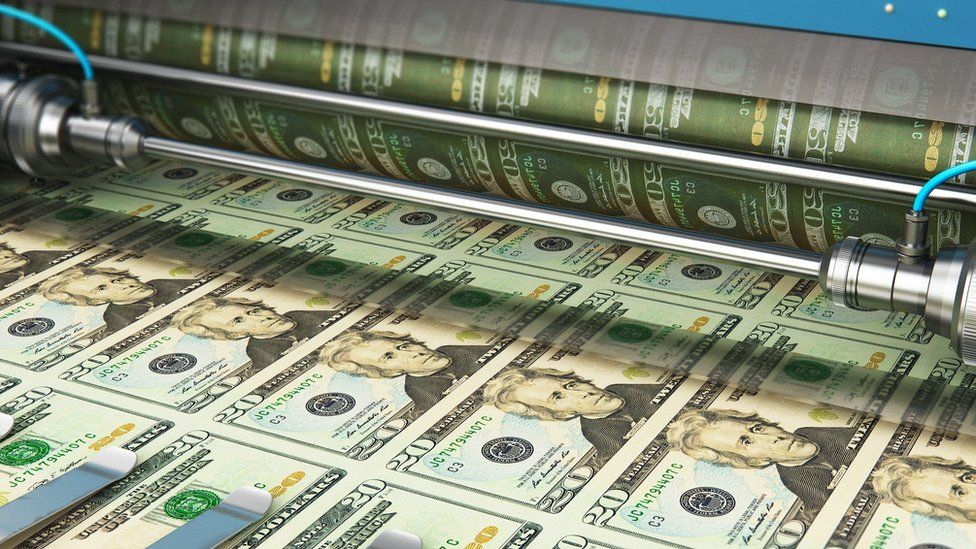 expand by 2% per annum. If you take Michael Saylor's advice, you would shift s much of your fiat currency as possible into Bitcoin as soon as possible.
expand by 2% per annum. If you take Michael Saylor's advice, you would shift s much of your fiat currency as possible into Bitcoin as soon as possible.
What Type of Investments: If we continue to get such M2 monetary expansion - which frankly seems likely with lose Central Bank policies - then the follow investments will be a disaster:
- Commercial real estate - rents are capped at ca 3% CPI inflation (not real inflation)
- Gold - has only risen 2% per annum in the last ten years
- Bonds-Treasuries - they achieve around 2% per annum - well below the 25% cost of capital (and hence destroy value in an M2 monetary expansion world)
Then you look at the stock market. The London stock market FTSE100 has been an absolute disaster for the last two decades. The index is around 6900 - which is similar to what it was in the year 2000 - 21 years ago. However, the money supply is around 5-10 times bigger. Get the point?
The M2 money supply is currently expanding in the USA by around 25% per annum - so we should call this the real cost of capital - the investment hurdle you need to make any sort of return on investment. The S&P500 index rose 25% in the last year - sound good? No. It only kept pace with the cost of capital or M2 monetary supply. Hence even choosing the best performing stock exchange for conventional liquid assets gives no return over the cost of capital.
On residential property investment - if you are geared to 75% and the house prices rise by 10% - you will be achieving 40% return on investment - which beats the 25% monetary supply increase - so you stand a chance if you have leverage to stay ahead of the M2 or cost of capital - at least.
Now switch to a county like Argentina - the Peso has crashed in the last 10 years from 3 to 150 - a gigantic crash. No business can add value in such an environment.
The key point is - and this is a prediction - any spare wealth converted to a "hard asset" like Bitcoin will survive the ravages of inflation. Another benefit is that any asset value increase has a deferred tax on it - you wont need to pay tax until you sell into currency one day. This may chance with regulation, but the tax treatment of purchase with bitcoin will be an interesting development moving forward - this will likely benefit the Bitcoin price in the next ten years.
M2 US dollar money supply
Start-Ups: It is worth pointing out that for the average investor, it has always been very difficult getting in at the start – with high-tech start-ups. Investing in cryptocurrency coins – is actually investing into software start-up companies or entities. They have not of course yet been floated on the stock markets. If/when such entities get a big enough market cap – they may actually chose to “float” which would further boost their value. Some of the coins actually pay dividends – annually – of up to 10%. Although cryptocurrency purchase is not without its risks, earning 10% on a coin is of course far better than earning 0.5% in a savings bank account.
Key Messages:
• This is just the beginning – its nowhere near the end
• If you get in now - you It’s absolutely not too late to get in – note : only 21 million people invest in Cryptocurrencies out of a global population of 7 billion – that’s 0.3%.
• We would recommend all property investors give serious consideration to owning cryptocurrency like Bitcoin – as a hedge against inflation (fiat currency debasement) and as an opportunity to invest in software start-ups (cryptocurrency “coins”).
• Further consideration should be given to owning cryptocurrency as part of balanced diversified portfolio – even if its just 1% of your net worth – or net cash reserves - being invested (most cryptocurrency experts-fans probably have over 50% of their portfolio in cryptocurrencies).
We hope you find this Special Report insightful. If you have any queries or comments, please contact us on enquiries@propertyinvesting.net.
Recommended search engine - www.google.com

